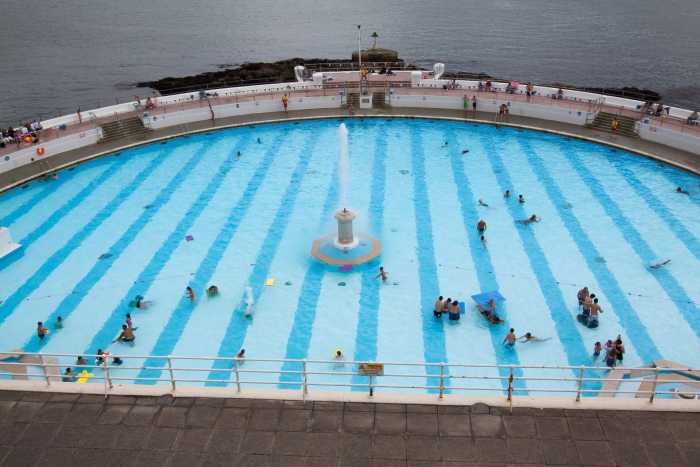The concept of swimming pool fencing has evolved over the course of time in a number of ways. A lot of importance has been given to regulating and enforcing pool fencing needs across the world over the last decade or decade and a half. This idea has proved to be very beneficial when it comes to saving lives, but at the same time, it even has limited the fencing options available to the people.
You will come across plenty of glass pool fencing companies that will provide you with beautiful designs. Let’s have a look at the three most popular options, other than glass in terms of swimming pool fencing, as well as their pros and cons:
- Ornamental Aluminium
Ornamental aluminium has become the most common type of pool fencing over the past few years in a number of countries because of its elegant looks and durability. The aluminium is coated with a kind of dry powder that is applied as a free flowing agent. This method is known as powder coating and is very different from the regular liquid paint as it doesn’t need a solvent in order to apply the coat.
This type of fencing is just ideal for any setting where low maintenance is important and privacy is not a requirement. It is also perfect for waterfront properties or any other setting where you would like not to obstruct the beautiful view. The main benefits of ornamental aluminium fencing are that it is highly durable, low maintenance and relatively inconspicuous (especially darker colors). The only drawback is that it doesn’t offer privacy.
- PVC
PVC fencing has also become very popular for swimming pool fencing. In PVC, there are two primary styles, standard fence that is 48 to 54-inch tall with either spaced pickets or solid slats and privacy fence that is 6 to 7-inch tall with the slats butted together to make a solid panel. A lot of privacy fences feature Picket Cap in order to add ornamental value.
PVC Fence is the undisputed winner when it comes to privacy fences. It is durable, low maintenance, as well as provides you with ultimate privacy. Although, it is bulky because of the thick pickets and rails. Almost all PVC fences are white in color, but a number of manufacturers even offer a tan option. There are plenty of solid and picketed styles available in PVC fencing. The disadvantage of PVC fencing is that gates tend to sag over the course of time.
- Wood
Wood is a tried and true building material and continues to be a very common fence material used for swimming pool fencing. But over the last 10 years it has been overshadowed by aluminium and PVC because of their low maintenance construction. Still, a lot of wood fences are installed around swimming pools every year. Wood has got some very strong qualities to take advantage of, if you are willing to maintain it well.
In some settings, a man-made barrier designed of aluminium or PVC may not work as good as wood. It is a fact that wood looks good in all the settings and is even ideal as a privacy fence. The advantages of wood fencing are that the size and style are completely customizable and are cheaper than aluminium and PVC. The cons are that it needs proper maintenance and can warp and twist over the time.
Hopefully this article will prove to be helpful to you in your quest for choosing the ideal swimming pool fence.










1 Comment